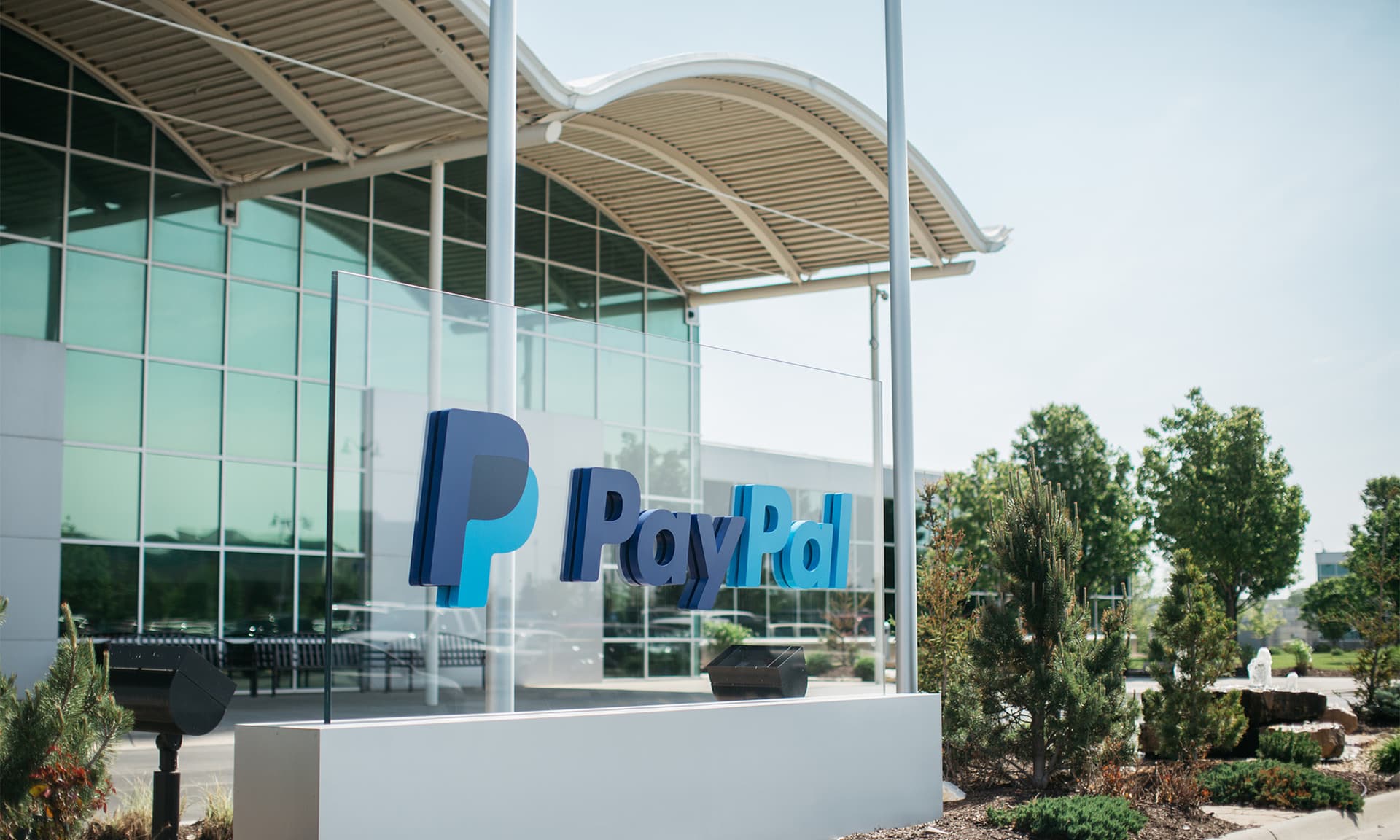Here's What PayPal's Deal With OpenAI Means for Investors

News Summary
Payments leader PayPal announced a partnership with OpenAI, the developer of ChatGPT, making PayPal the first digital wallet to be embedded directly into ChatGPT. This collaboration will enable users to pay for items found through the AI tool without leaving the ChatGPT interface and allow millions of PayPal merchants to sell their products through the leading AI platform. Unlike payment tools like Stripe, PayPal operates as a digital wallet, permitting users to shop using stored funds. This deal is expected to expose the PayPal ecosystem to ChatGPT's more than 700 million weekly active users, significantly boost engagement from existing users, and potentially drive substantial payment volume through the platform. While the long-term impact of AI-powered shopping remains to be seen, PayPal's management anticipates earnings growth to accelerate to over 20% in the coming years. Simultaneously with this partnership announcement, PayPal reported stronger-than-expected third-quarter earnings, with adjusted EPS growing 12% year-over-year, payment volume increasing 8% to over $1.8 trillion annually, and generating $2.3 billion in free cash flow. PayPal currently trades at less than 14 times management's 2025 earnings guidance, with an even lower multiple of free cash flow. In addition to OpenAI, PayPal recently partnered with Alphabet's Google to develop commerce tools across its platforms, further solidifying its position at the forefront of agentic AI shopping.
Background
PayPal, a global leader in digital payment platforms, has faced intense competition in recent years from both emerging fintech companies and traditional banks. The company's new CEO, Alex Chriss, has been focused on driving efficiency and profitable growth. Concurrently, artificial intelligence technology, particularly large language models (LLMs) like OpenAI's ChatGPT, is rapidly transforming various industries, including e-commerce and customer service, by offering more personalized and efficient shopping experiences. The article notes that e-commerce companies such as Etsy, Shopify, and Walmart have begun integrating their platforms with ChatGPT to explore the potential of AI-driven shopping. Against this backdrop, PayPal's partnership with OpenAI signifies a crucial step in the digital payments sector towards AI integration, aiming to leverage ChatGPT's massive user base to expand PayPal's service reach and payment volume.
In-Depth AI Insights
What is the strategic significance of PayPal becoming the first digital wallet partner? - This 'first mover' status is far more than simple technical integration; it establishes PayPal's role as a core infrastructure provider in future agentic AI-driven commerce. It elevates PayPal from a mere transaction processor to a value enabler within the AI ecosystem. - This isn't just about increasing transaction volume; it's about strategic access to user data and behavioral patterns. Deep embedding allows PayPal to better understand AI-driven purchase intent and pathways, providing unparalleled insights for future financial product innovation and targeted marketing. - This exclusivity, even if temporary, gives PayPal a significant advantage in setting standards and influencing user habits during the nascent stages of AI commerce, thereby building early-mover network effects. How will the long-term profitability and competitive landscape of AI-driven shopping evolve? - The long-term profitability of AI-driven shopping will depend on user adoption rates and the value of goods recommended by AI systems. If AI significantly boosts purchase conversion and average order value, payment service providers will see sustained transaction volume growth. - The competitive landscape will shift from pure payment processing to 'intent fulfillment' services. Companies that can seamlessly connect user intent, AI recommendations, and payment execution will dominate. This could lead to tighter bundling of payment companies with AI platforms, or even AI companies directly offering payment solutions, posing a potential threat to traditional payment giants. - PayPal's first-mover advantage lies in its consumer brand recognition and vast merchant network, but in an AI-dominated world, data flow and algorithmic optimization will be the new battlegrounds. Given PayPal's current valuation and management targets, has the market fully priced in this AI-driven growth potential? - The market appears not to have fully digested PayPal's forward-looking positioning in AI commerce. The current multiple of less than 14 times 2025 earnings guidance may represent an undervaluation for a tech payment company actively transforming and aiming for over 20% growth. - Traditional valuation models may struggle to capture the exponential growth potential of emerging business models like 'agentic AI shopping'. Investors might still perceive it as a mature payment network rather than a future-oriented AI commerce infrastructure provider. - This potential undervaluation could reflect market skepticism regarding the speed of AI-driven commerce adoption and PayPal's ability to convert it into sustained profitability. However, given ChatGPT's massive user base and PayPal's widespread acceptance, its growth catalysts might be underestimated.